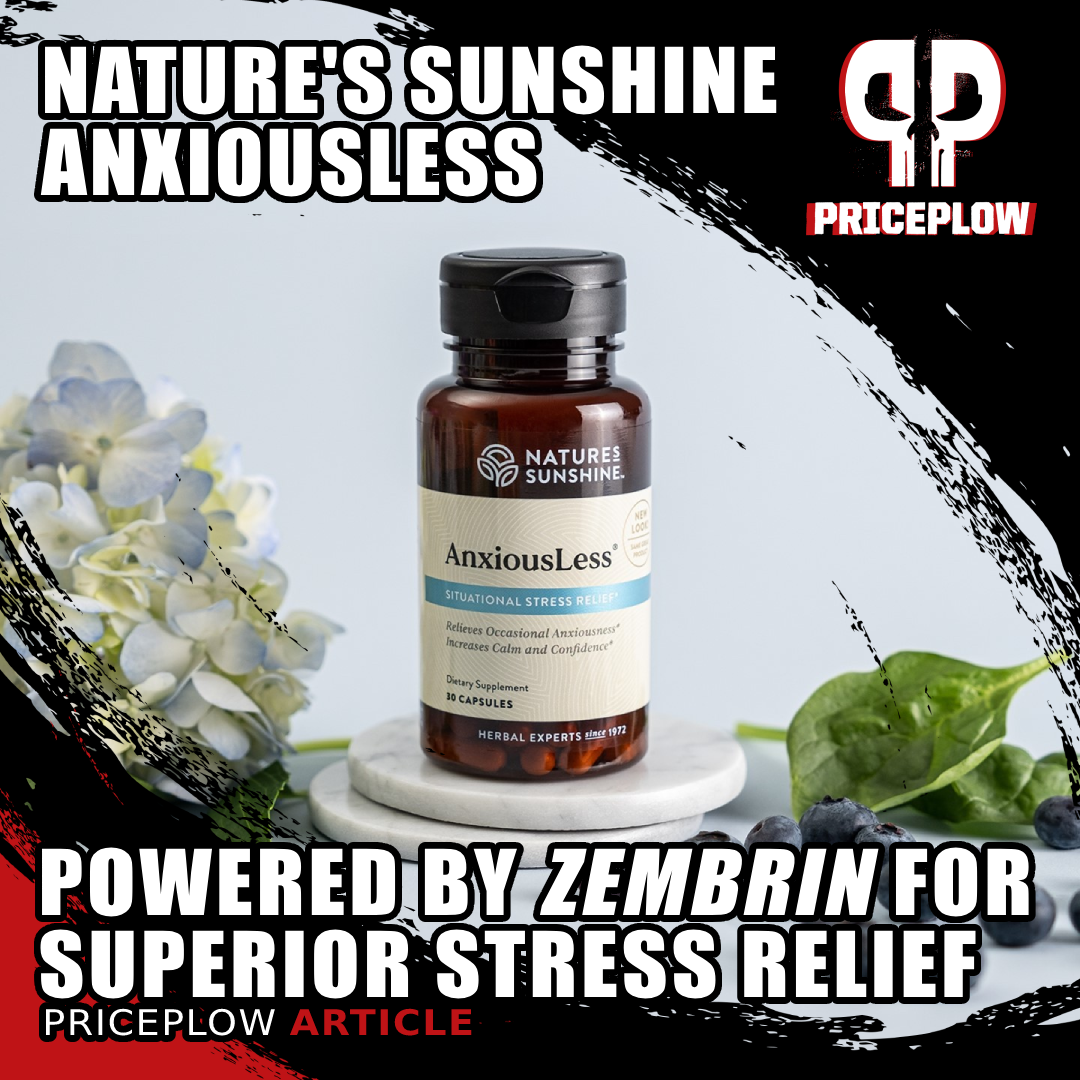
Nature’s Sunshine Anxiousless is designed for stress relief and mood enhancement, featuring the powerful Zembrin® extract. With L-Theanine and magnesium, it offers a natural, non-drowsy way to stay calm and focused.
It's common to struggle with stress during the hustle and bustle of daily life. Fortunately, more and more natural solutions are becoming available that can help. One potential solution is Nature's Sunshine Anxiousless. It's crafted to help manage everyday stress and enhance mood naturally.
A key element of this formula is Zembrin®, PLT Health Solutions' clinically-researched extract from Sceletium tortuosum, known for its ability to alleviate anxiety and improve mental clarity.
Alongside Zembrin, Anxiousless combines ingredients like L-theanine, thiamine, magnesium, and zinc to deliver non-drowsy, effective support for emotional balance and cognitive function.
As you'll see as we break things down throughout this article, each of these ingredients works well together to alleviate stress and anxiety while helping you feel your best throughout the day. Keep reading for an in-depth look at the research and clinical data that make Anxiousless an innovative approach to natural stress relief.
Nature's Sunshine Anxiousless – Deals and Price Drop Alerts
Get Price Alerts
No spam, no scams.
Disclosure: PricePlow relies on pricing from stores with which we have a business relationship. We work hard to keep pricing current, but you may find a better offer.
Posts are sponsored in part by the retailers and/or brands listed on this page.
This area is reserved for Team PricePlow's upcoming videos.
Subscribe to our channel and sign up for notifications so you catch it when it goes live!
Ingredients in Nature's Sunshine Anxiousless
The ingredients in Nature's Sunshine Anxiousless are:
-
Proprietary Blend: L-Theanine and Zembrin® (Sceletium tortuosum aerial parts extract) - 75 mg
First up, we have a proprietary blend of Zembrin and L-theanine -- and our best guess is that we have 50mg of L-theanine paired with 25mg of Zembrin.
Let's break down both ingredients to show how they help with stress and work together to provide results.
-
Zembrin® (Sceletium tortuosum aerial parts extract)
One of the core ingredients in Nature's Sunshine Anxiousless is Zembrin®, a patented and clinically studied extract of Sceletium tortuosum. Known as "Kanna", this succulent plant has been used in traditional medicine in South Africa for over 300 years. Throughout its history, it's often been chewed, smoked, or brewed into tea to provide resilience during high-stress situations, including hunting and physical exertion.[1,2]
Today, Zembrin is the only Kanna extract that has undergone extensive clinical testing, with seven human studies supporting its efficacy. Zembrin's unique activity lies in its dual mechanisms: inhibiting serotonin reuptake and blocking phosphodiesterase-4 (PDE-4), two pathways that directly contribute to mood regulation, cognitive function, and stress response.
How Zembrin® Works: Serotonin Reuptake Inhibition and PDE-4 Blocking
The main bioactive compounds in Sceletium tortuosum are mesembrine alkaloids, which play a pivotal role in how Zembrin works.
There's only one patented, standardized, and clinically-studied kanna extract on the market: Zembrin from PLT Health Solutions.
Mesembrine inhibits the reuptake of serotonin, a neurotransmitter that influences mood, anxiety, and stress.[3,4] This mechanism is similar to that of selective serotonin reuptake inhibitors (SSRIs), which you've likely seen advertised in commercials. By keeping more serotonin available in the brain, Zembrin may help alleviate anxiety and improve mood without the side effects often associated with pharmaceutical alternatives.
In addition to inhibiting serotonin reuptake, Zembrin also blocks PDE-4, an enzyme that breaks down cyclic adenosine monophosphate (cAMP). cAMP is a molecule that regulates cognitive function and mood.[4]
By inhibiting PDE-4, Zembrin enhances the levels of cAMP, supporting better cognitive flexibility, memory, and overall brain health.[5,6] Clinical studies have shown that PDE-4 inhibitors may even reduce symptoms associated with neurodegenerative diseases like Alzheimer's.[7]
Together, these mechanisms work synergistically to promote emotional balance, reduce feelings of anxiousness, and improve cognitive function, making Zembrin a powerful ally in combating stress.
Clinical Research Supporting Zembrin®'s Effects
Zembrin has been the subject of numerous clinical studies, all of which highlight its potential to reduce anxiety, improve mood, and support cognitive performance.
One notable study in 2013 used functional magnetic resonance imaging (fMRI) to assess Zembrin's impact on brain activity. Researchers found that a single 25 mg dose of Zembrin significantly reduced activity in the amygdala, the part of the brain that governs the fear response.[8] This effect is particularly helpful in situations where anxiety is triggered.
The study employed a perceptual-load task in which participants were asked to identify letters under various cognitive conditions. Under low-load (undemanding) conditions, participants who took Zembrin experienced less blood oxygen level-dependent (BOLD) signaling in the amygdala, signifying a blunted fear response.[8] By decreasing this overactivity in the brain's fear center, Zembrin helps individuals manage anxious thoughts, even in everyday stressful situations.
Another crossover study conducted in 2014 evaluated Zembrin's neurocognitive effects over three weeks in healthy adults. Participants took 25 mg of Zembrin daily, and researchers assessed several aspects of cognitive function, including cognitive flexibility and executive function. The results showed significant improvements in both areas, along with positive changes in mood and sleep quality.[1]
These findings support Zembrin's ability to enhance mental clarity and emotional stability, making it ideal for individuals facing the demands of modern life.
Zembrin and Anxiety Reduction
Further supporting its use in anxiety management, a 2020 study explored Zembrin's impact on experimentally-induced anxiety through two controlled experiments. In the first experiment, participants engaged in a multitasking framework designed to induce stress. In the other experiment, they were subjected to a simulated public speaking task, a well-established method for triggering anxiety.[9]
The results revealed a statistically significant reduction in self-reported anxiety in the Zembrin group, particularly during the public speaking task. Additionally, physiological markers, such as heart rate, confirmed that Zembrin reduced the physical symptoms of stress.[9]
The Role of Zembrin® in Nature's Sunshine Anxiousless
In Nature's Sunshine Anxiousless, Zembrin is combined with L-Theanine, an amino acid known for promoting relaxation without drowsiness. These ingredients form a proprietary blend designed to help you feel calm and focused without feeling overly sedated. Although the exact amount of Zembrin in the proprietary blend isn't disclosed, we estimate it to be around 25 milligrams, aligning with the dosage that showed success in most clinical trials.
Dive into PLT Health's cognitive platform with Steve Fink and Dr. Jeremy Appleton, exploring Zynamite, Zembrin, and Vanizem's impact on brain health in Episode #146 of the PricePlow Podcast
Zembrin's ability to regulate serotonin and cAMP levels, combined with L-theanine's calming effects, makes Anxiousless a great extra boost to your health practices for managing life's daily stresses.
For more information about how Zembrin helps manage stress, check out our full article, "Zembrin: The Best-Studied Kanna Extract on the Market, by PLT Health Solutions".
-
L-Theanine
L-theanine is an amino acid primarily found in green tea (Camellia sinensis). It's known for its ability to promote relaxation and reduce stress without causing drowsiness.[10] This makes it an ideal addition to Nature's Sunshine Anxiousless, complementing the calming effects of Zembrin for a well-rounded stress management formula.
Mechanism of Action
One of L-theanine's key benefits is its ability to increase alpha brain wave activity, which is associated with a relaxed but alert mental state.[11] Increasing alpha brain waves helps individuals maintain focus and calm under stress, contributing to its reputation as a "calming agent."
Treatment with Zembrin significantly improved soreness, and range of motion (ROM) 48 hours post-exercise.[15]
Research has shown that L-theanine increases the production of neurotransmitters such as GABA, dopamine, and serotonin, which play critical roles in mood regulation, relaxation, and cognitive function.[12]
Reducing Stress and Anxiety
Several clinical trials have explored L-theanine's role in reducing stress and anxiety.
For example, a randomized, placebo-controlled study found that L-theanine reduced stress-related symptoms, such as elevated heart rate and cortisol levels, while also improving focus during stressful tasks. The participants reported feeling calmer without feeling sedated, making L-theanine particularly effective for acute stress situations.[13]
Another four-week trial examined L-theanine's impact on cognitive function and stress in healthy adults. Results showed that regular supplementation reduced anxiety symptoms and improved verbal fluency and executive function.[10]
Improving Sleep Quality
In addition to its calming effects, L-theanine has been shown to improve sleep quality, particularly in people who experience stress-related sleep disturbances.
A systematic review of multiple studies found that L-theanine supplementation improved several aspects of sleep, including sleep onset latency (how quickly you fall asleep) and overall sleep quality, without the grogginess associated with traditional sleep aids.[12]
While Anxiousless isn't marketed as a sleep aid, the indirect benefits of relaxation and stress reduction may contribute to better sleep for users. This could also enhance its stress reduction properties since some studies have found connections between sleep duration and levels of perceived stress.[14]
Synergy with Zembrin in Anxiousless
L-theanine works synergistically with Zembrin in Nature's Sunshine Anxiousless. Zembrin targets the fear response and helps regulate mood via serotonin and PDE-4 pathways. On the other hand, L-theanine enhances the formula's overall calming effect by promoting a state of relaxed alertness.
This combination ensures that users can manage stress effectively while maintaining focus and mental clarity throughout the day.
That said, it's worth noting that this dose of L-theanine in Anxiousless is on the lower end. We estimate that it's around 50 mg in this proprietary blend. Most research on L-theanine focuses on doses between 100 and 400 mg.[16] However, this dose should still provide a nice boost, and it helps that L-theanine works well alongside Zembrin's powerful effects.
-
-
Thiamin (B1, mononitrate) - 5 mg
Thiamin, also known as vitamin B1, plays a key role in energy metabolism, neurological function, and overall mental health.
In Nature's Sunshine Anxiousless, thiamin contributes to the formula by supporting both physical energy and cognitive function. Its inclusion at a dose of 5 milligrams (417% DV) provides a solid foundation for maintaining optimal neurological health, which can be depleted when you're experiencing high mental or physical stress.
Neurological Benefits and Cognitive Support
Thiamin is essential for the proper functioning of the brain and nervous system. It plays a key role in the synthesis of neurotransmitters, such as acetylcholine, which is important for memory and cognitive function.[17]
Studies have shown that thiamin intake is positively associated with improved cognitive performance. For example, research involving older adults found that higher dietary thiamin intake was linked to better scores on cognitive function tests, including measures of attention and memory.[18]
These findings suggest that adequate thiamin levels may protect against cognitive decline and support overall mental clarity, especially when you're experiencing stress or anxiety.
Thiamin's Role in Stress and Mood Regulation
Thiamin's importance in stress management is well-documented. It is often called an "anti-stress" vitamin due to its role in energy production and neurotransmitter regulation. Low levels of thiamin have been associated with mood disorders such as anxiety and depression.[19]
Additionally, thiamin supplementation has shown it may improve mood and cognitive function in individuals with depression, highlighting its potential benefits for mental health.[20-22]
Furthermore, thiamin supports the body's stress response by helping convert glucose into energy.[23] This is crucial during stressful situations when energy demands are heightened.
Research has also shown that inadequate thiamin levels can lead to fatigue, irritability, and mood imbalances.[24] Therefore, it can play a role in maintaining emotional stability during stress.
-
Magnesium (citrate) - 40 mg
Zembrin® delivers an alert serenity that impacts mood, focus, and an overall sense of well-being. It's been clinically shown to deliver its benefits at a very low dose and can enhance cognitive function as soon as two hours.
Magnesium plays a key role in numerous physiological processes, especially in regulating the nervous system and maintaining cognitive function, making it an essential component of Nature's Sunshine Anxiousless. The form used in this supplement, magnesium citrate, is known for its high bioavailability, allowing the body to absorb it efficiently.[25]
Magnesium and Anxiety Relief
Research suggests that magnesium may help alleviate anxiety symptoms, particularly through its ability to regulate neurotransmitters involved in mood and stress responses. Magnesium works by enhancing the activity of GABA, a neurotransmitter that promotes relaxation by calming brain activity.[26]
At the same time, magnesium blocks the action of excitatory neurotransmitters like glutamate, which are linked to heightened anxiety and stress.[27] This dual action helps reduce both the physical and psychological symptoms of anxiety, such as muscle tension and mental distress.
A systematic review from 2017, which pooled data from multiple clinical trials, found that magnesium supplementation had a noticeable effect on reducing anxiety symptoms.[28] Although the exact forms and dosages varied across studies, magnesium citrate is often recommended due to its effective absorption.
Cognitive and Stress Benefits
Beyond anxiety relief, magnesium plays a role in maintaining cognitive health. A magnesium deficiency has been linked to increased stress responses and cognitive impairments, as evidenced by several studies. These impacts are likely due to the fact that magnesium helps regulate neurotransmitter pathways crucial for cognitive function and managing stress.[29]
It's also involved in the body's energy production, ensuring the brain has sufficient fuel to maintain optimal function.[30]
Lastly, in stressful situations, magnesium's ability to dampen the release of stress hormones like cortisol can significantly contribute to a calmer mental state.[31] By modulating these pathways, magnesium not only supports mental clarity but also enhances the body's resilience to physical and emotional stress.
-
Zinc (gluconate) - 1 mg
Zinc is an essential trace mineral that plays a role in numerous physiological and neurological functions. Specifically, zinc gluconate has been studied for its potential to alleviate anxiety symptoms and support overall brain function.
Zinc's Role in Anxiety and Stress Relief
Research shows that low levels of zinc are often associated with increased anxiety.[32] Supplementation with zinc, including zinc gluconate, can help restore these levels and reduce anxiety symptoms.
For example, a systematic review from 2023 found that zinc supplementation could reduce anxiety symptoms, particularly when combined with other treatments such as antioxidants.[33]
Zinc also regulates neurotransmitters, particularly GABA, which calms brain activity. By supporting GABA function and reducing neuronal excitability, zinc helps alleviate both physical and emotional stress symptoms.[34]
Zinc's Impact on Cognitive Function
Zinc is not only important for anxiety management but also supports cognitive health. It contributes to synaptic plasticity, allowing the brain to adapt to new information.[35]
Several studies have linked zinc deficiency to impairments in cognitive function, memory, and learning, especially as we age.[36] Therefore, getting some extra zinc in a supplement like Anxiousless never hurts, even if it's at a smaller 1 mg dose (9% DV).
Getting to Anxiousless
In conclusion, Nature's Sunshine Anxiousless offers a unique, natural approach to managing stress and promoting emotional well-being. With Zembrin® as its standout ingredient, this supplement provides a scientifically-backed solution to reduce anxiety, enhance mood, and improve cognitive function.
Combined with supportive ingredients like L-Theanine, magnesium, thiamin, and zinc, Anxiousless delivers a non-drowsy, effective way to stay calm and focused during life's stressful moments.
If you're looking for a natural way to support your mood and manage daily stress, Nature's Sunshine Anxiousless is a solid option. Give it a try and see what benefits it can offer for you!
Nature's Sunshine Anxiousless – Deals and Price Drop Alerts
Get Price Alerts
No spam, no scams.
Disclosure: PricePlow relies on pricing from stores with which we have a business relationship. We work hard to keep pricing current, but you may find a better offer.
Posts are sponsored in part by the retailers and/or brands listed on this page.
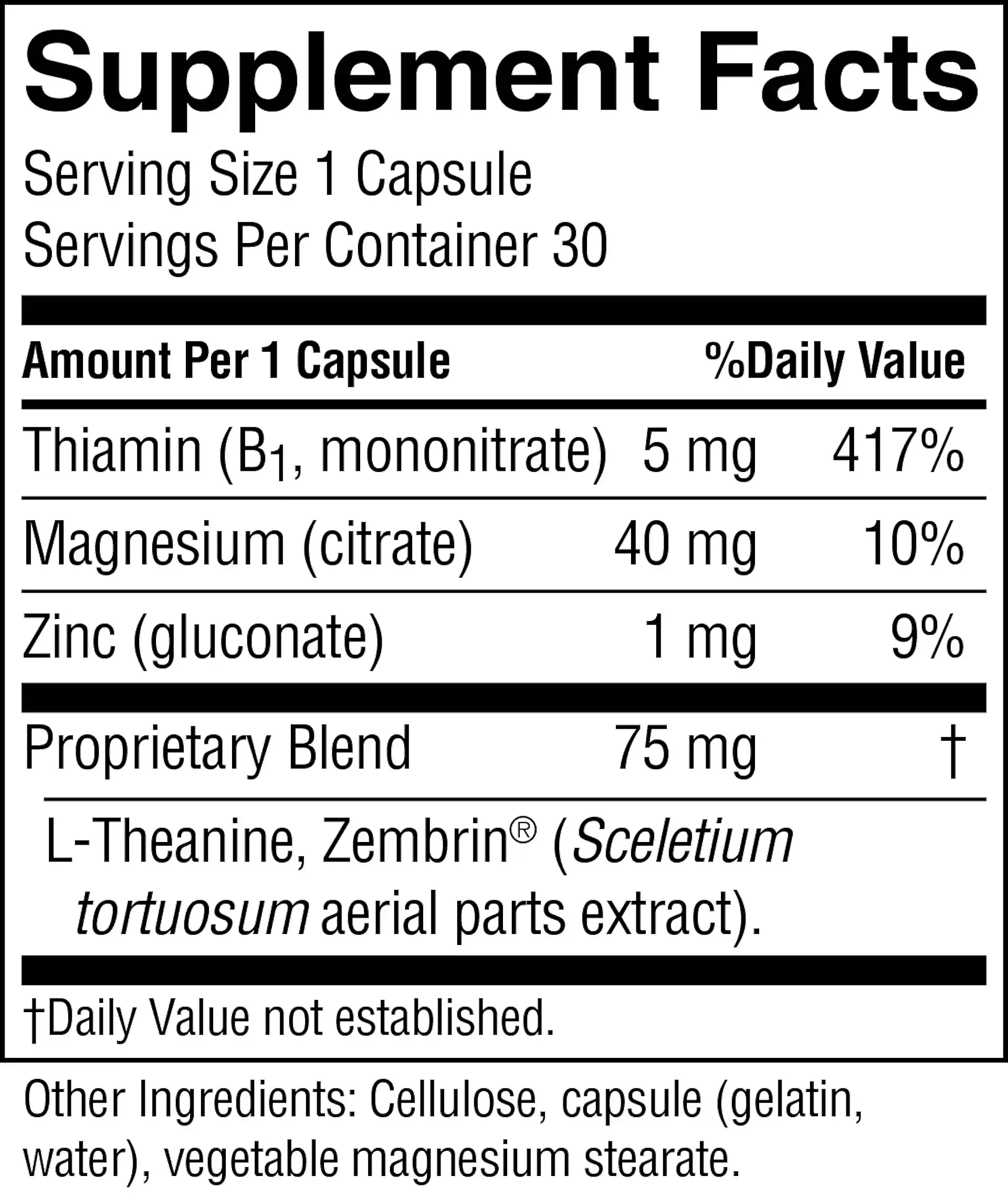
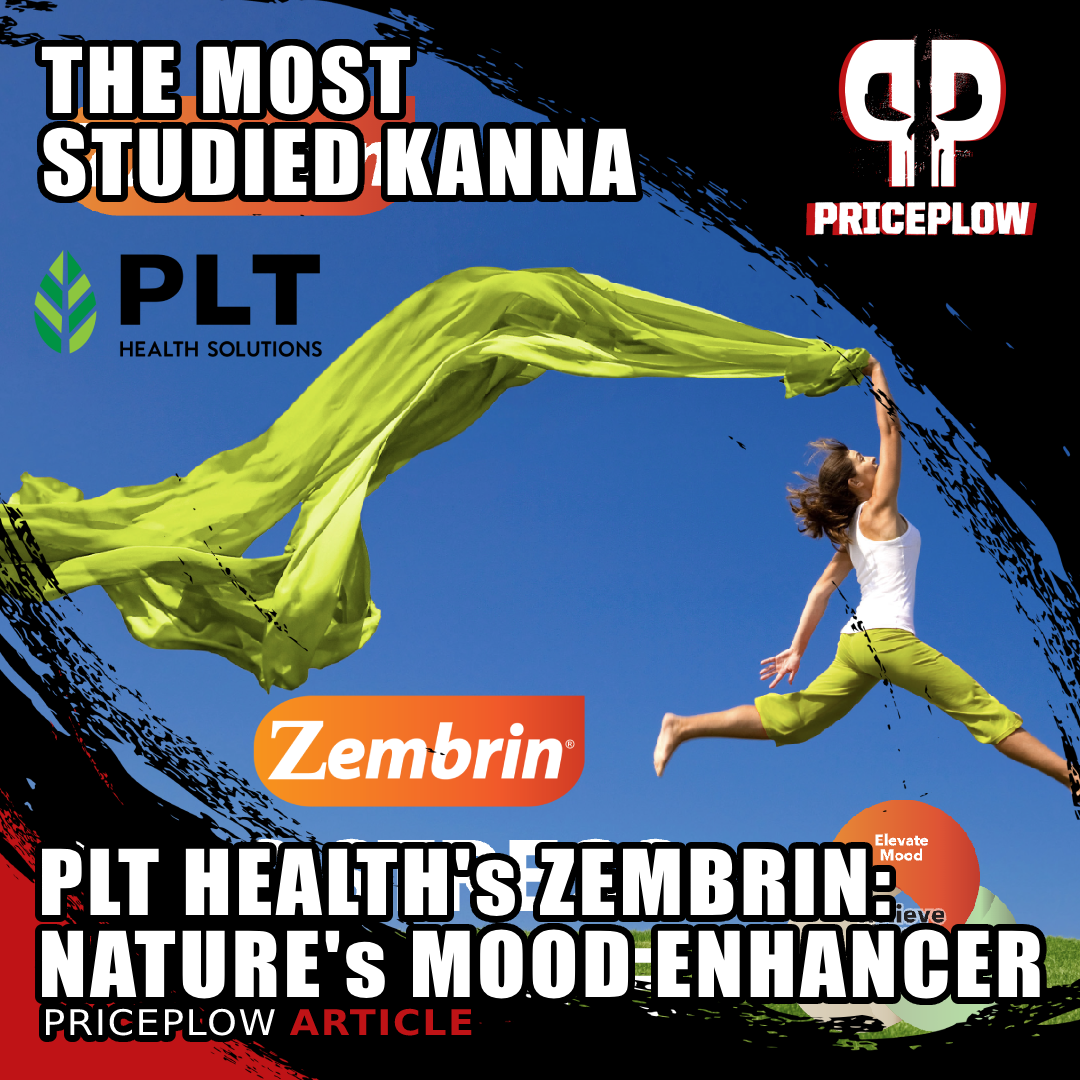
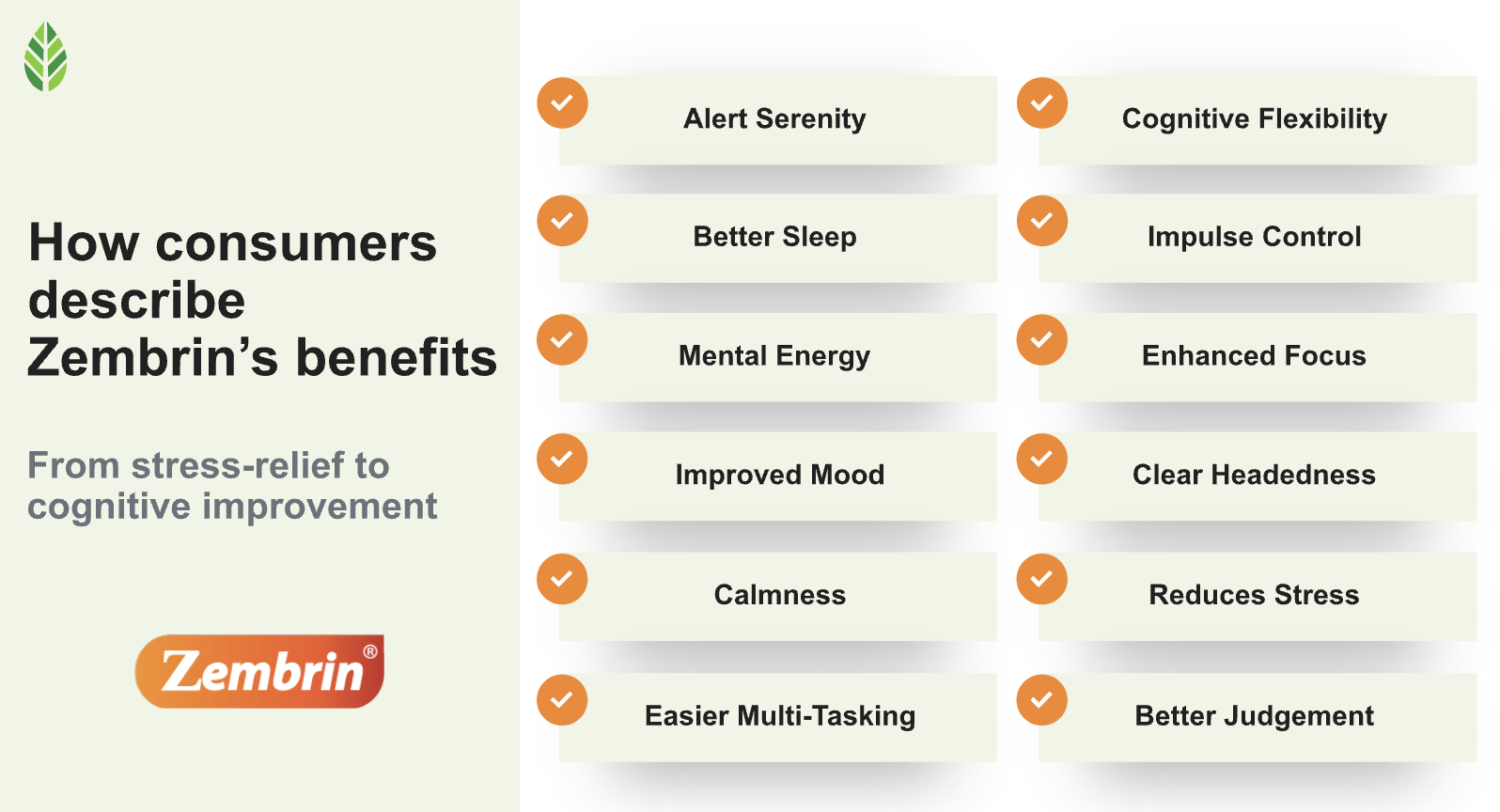
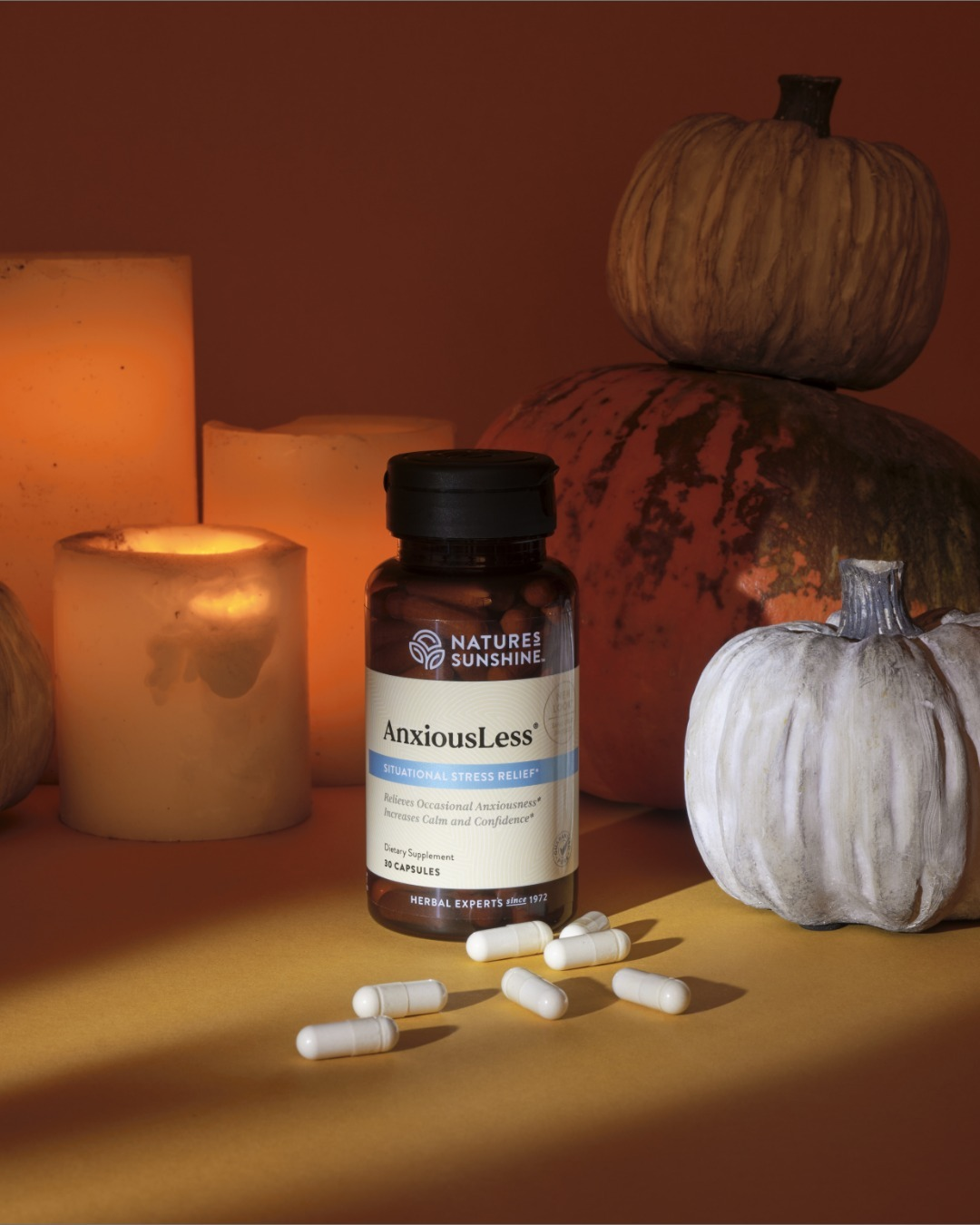
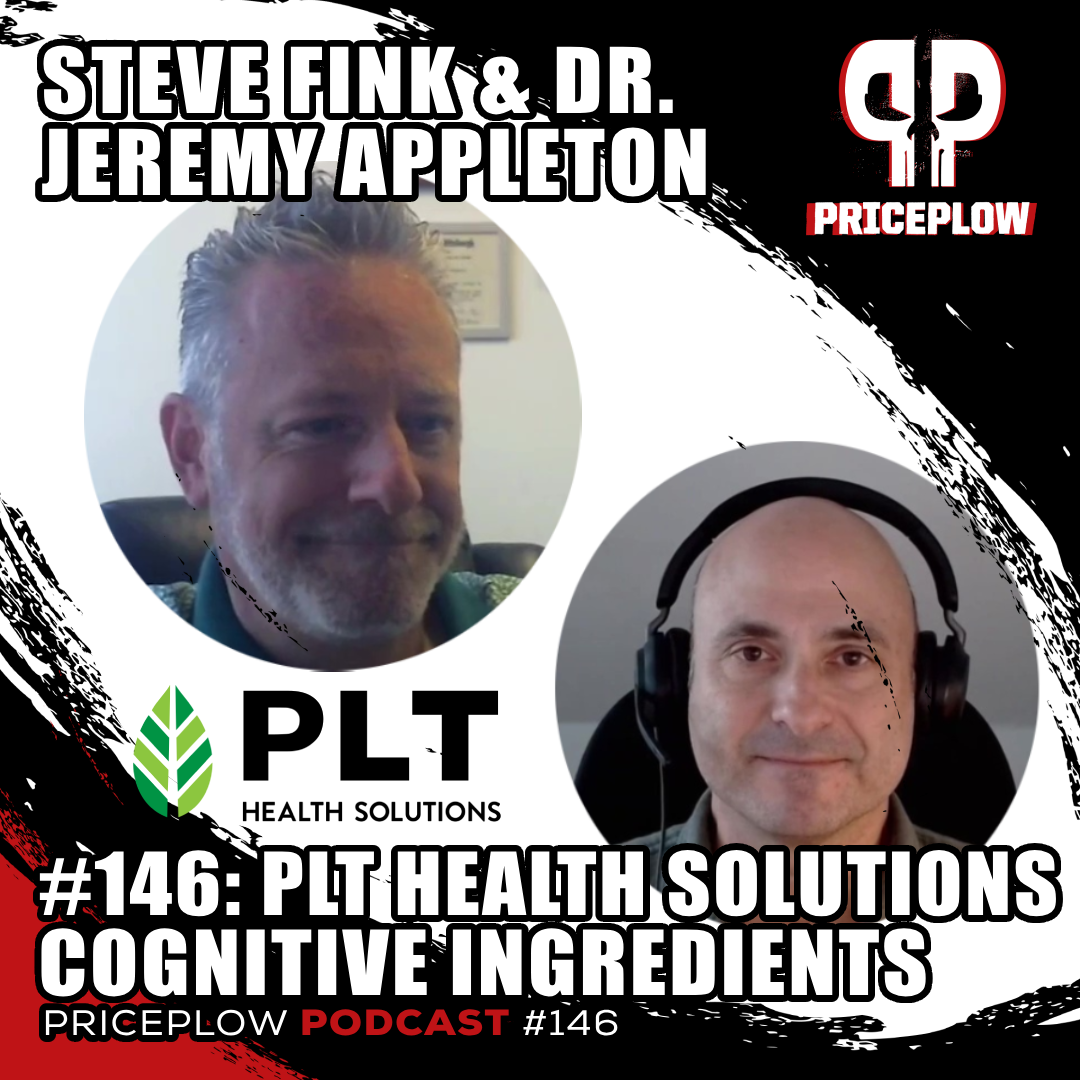
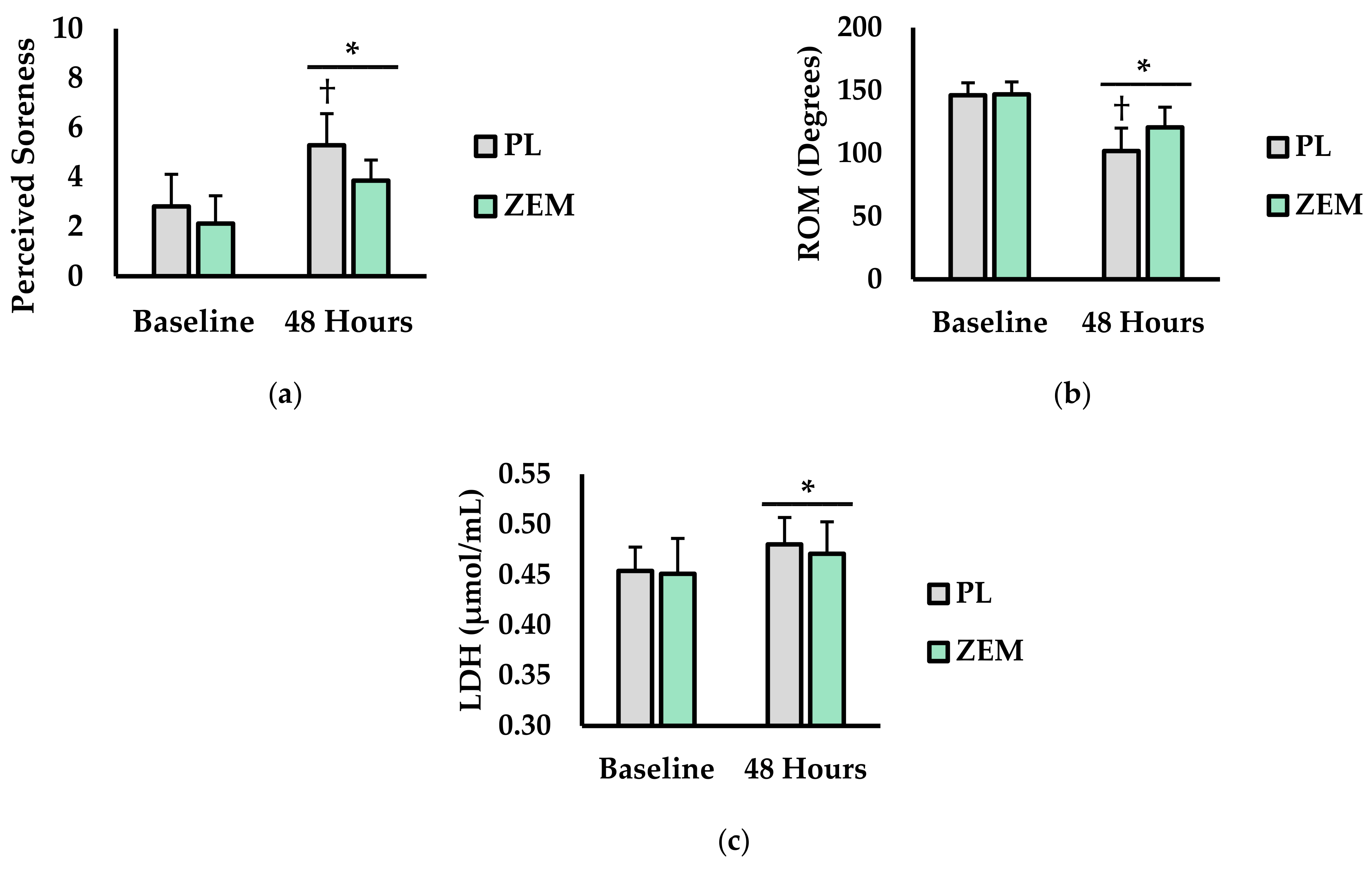
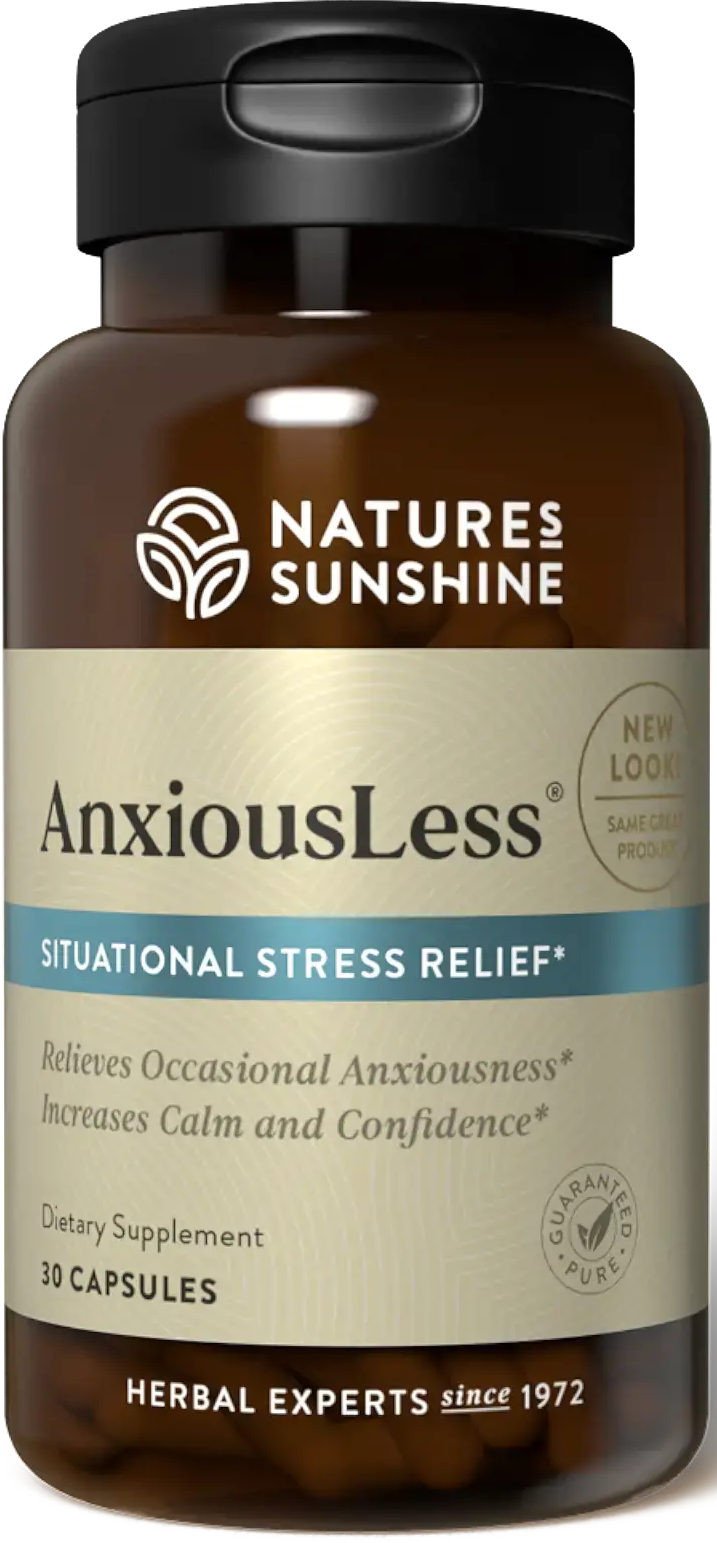
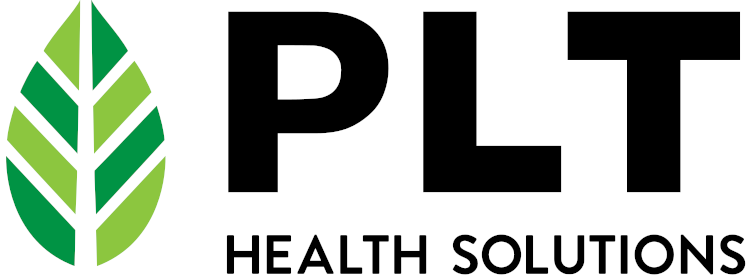
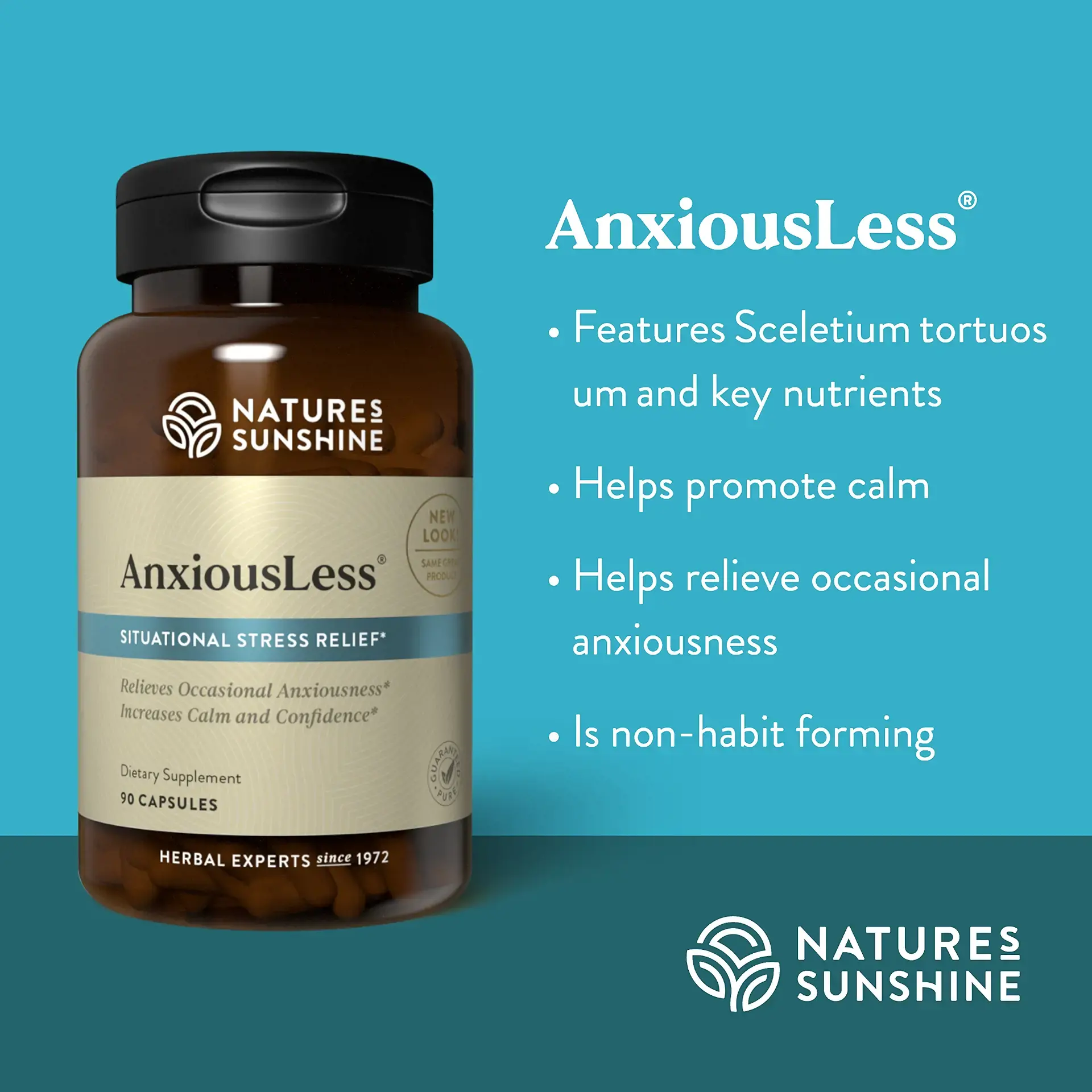
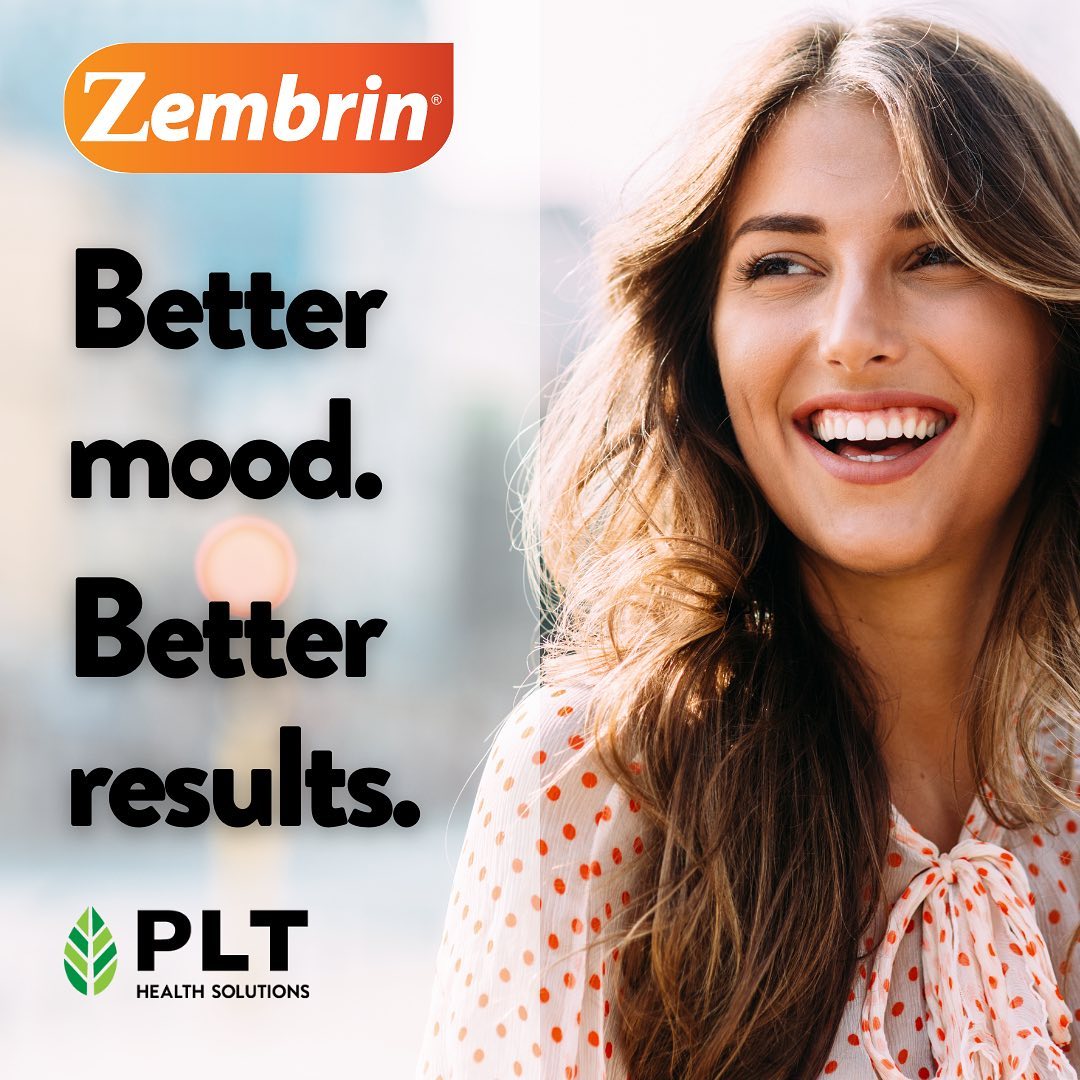
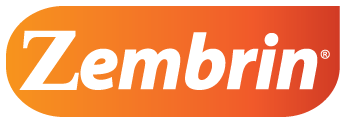
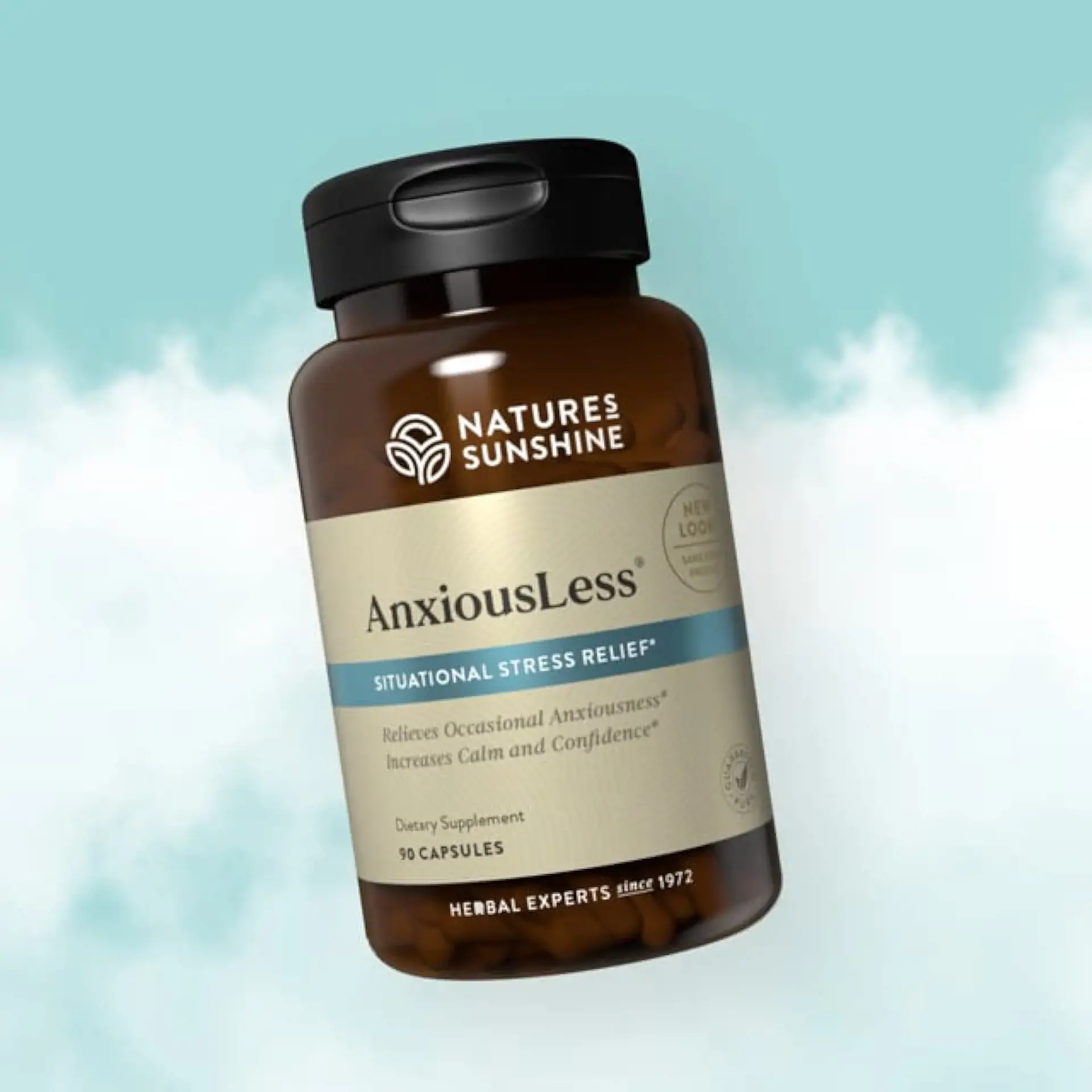



Comments and Discussion (Powered by the PricePlow Forum)